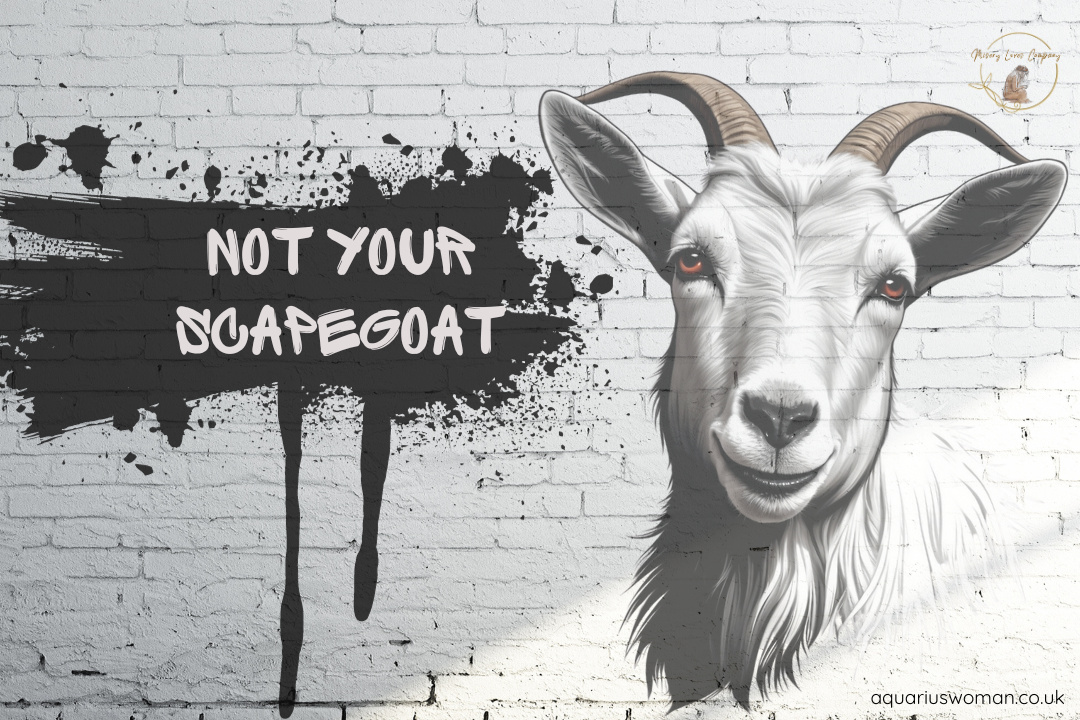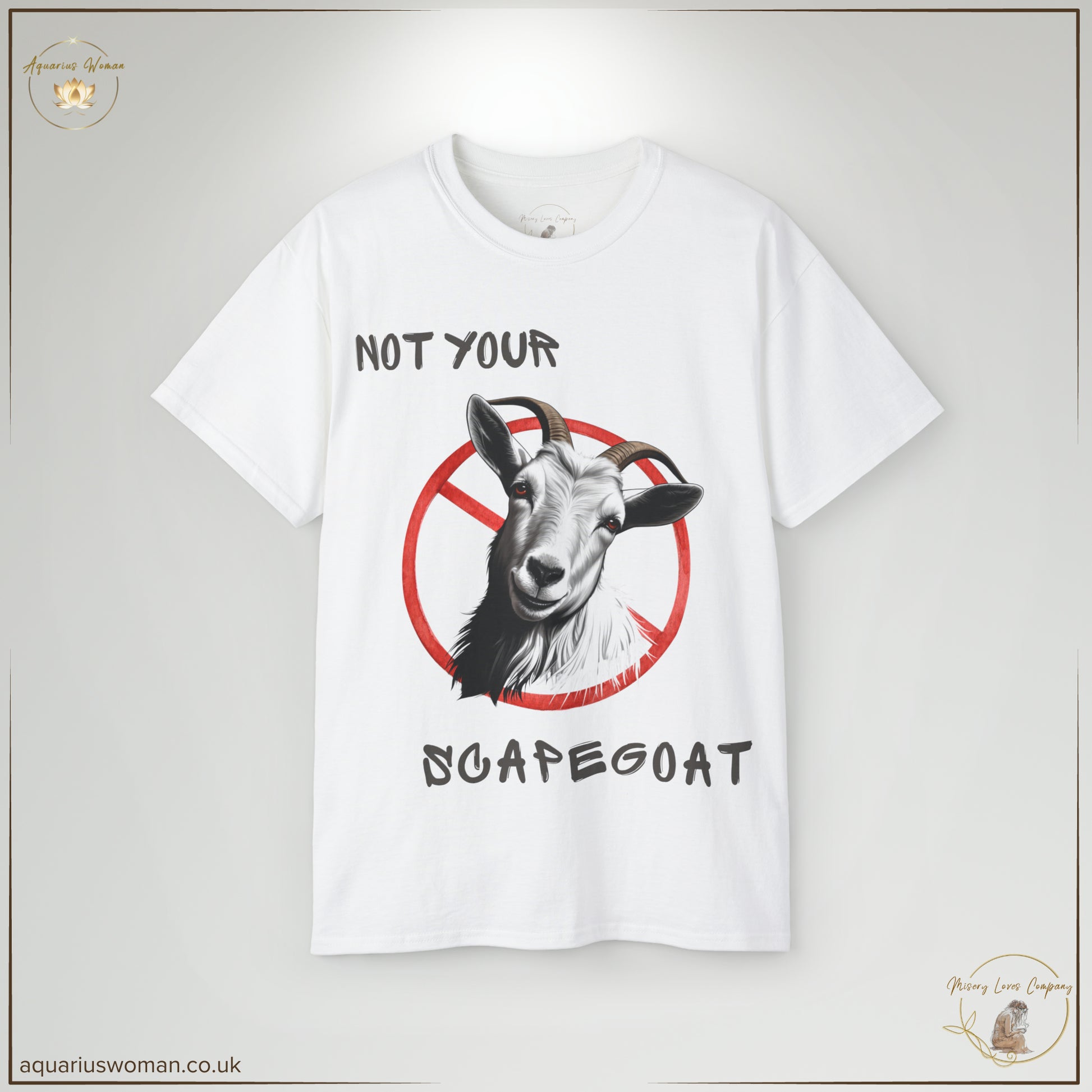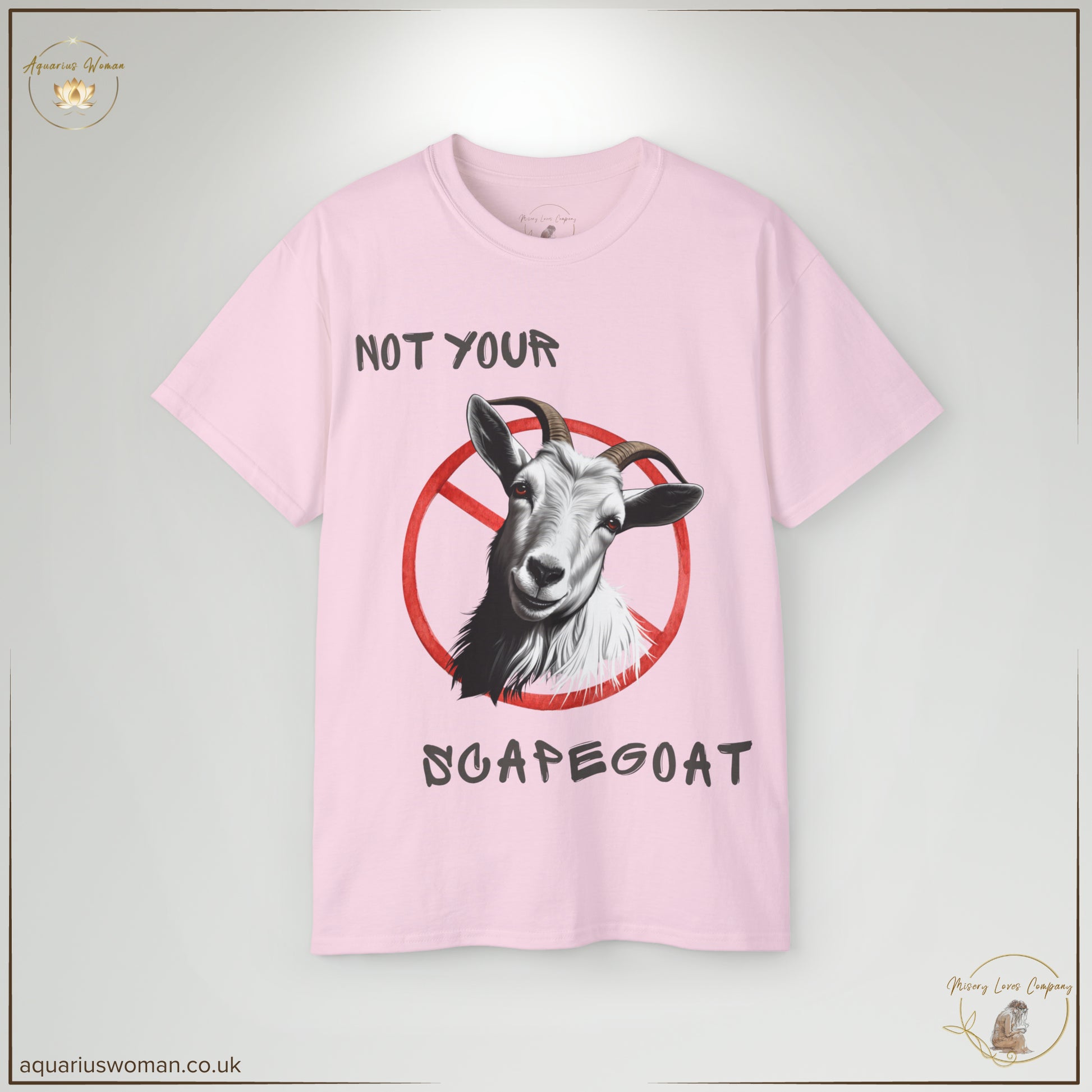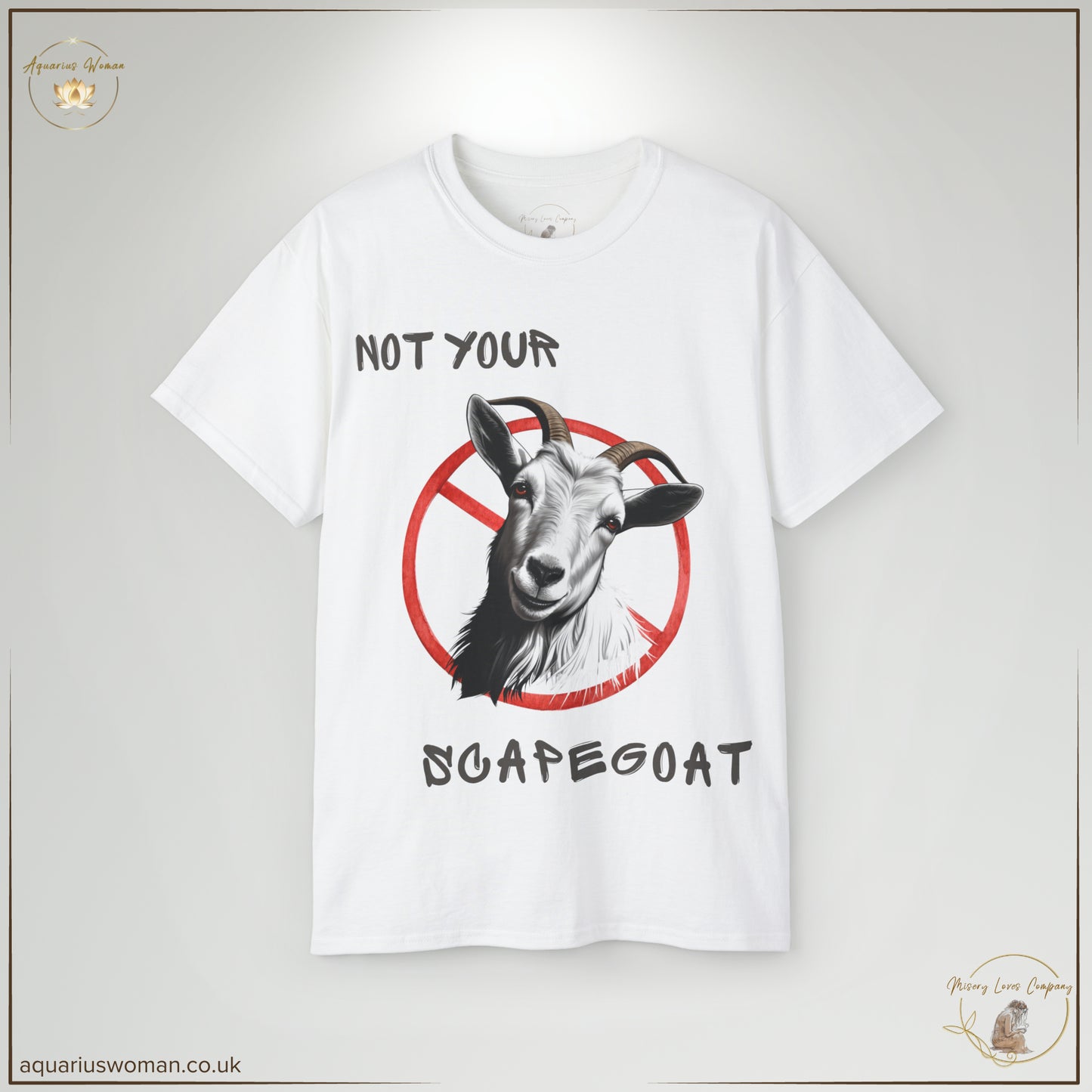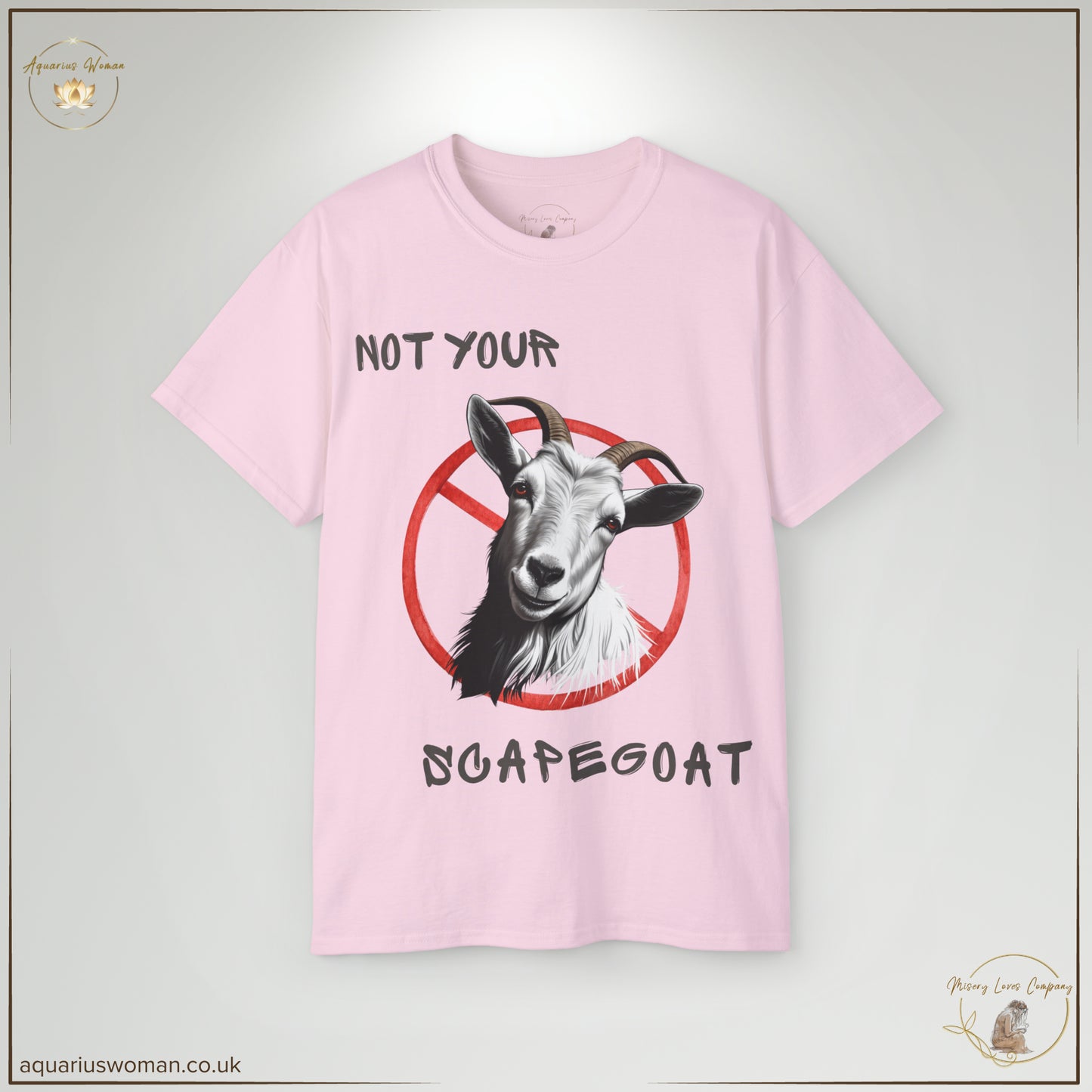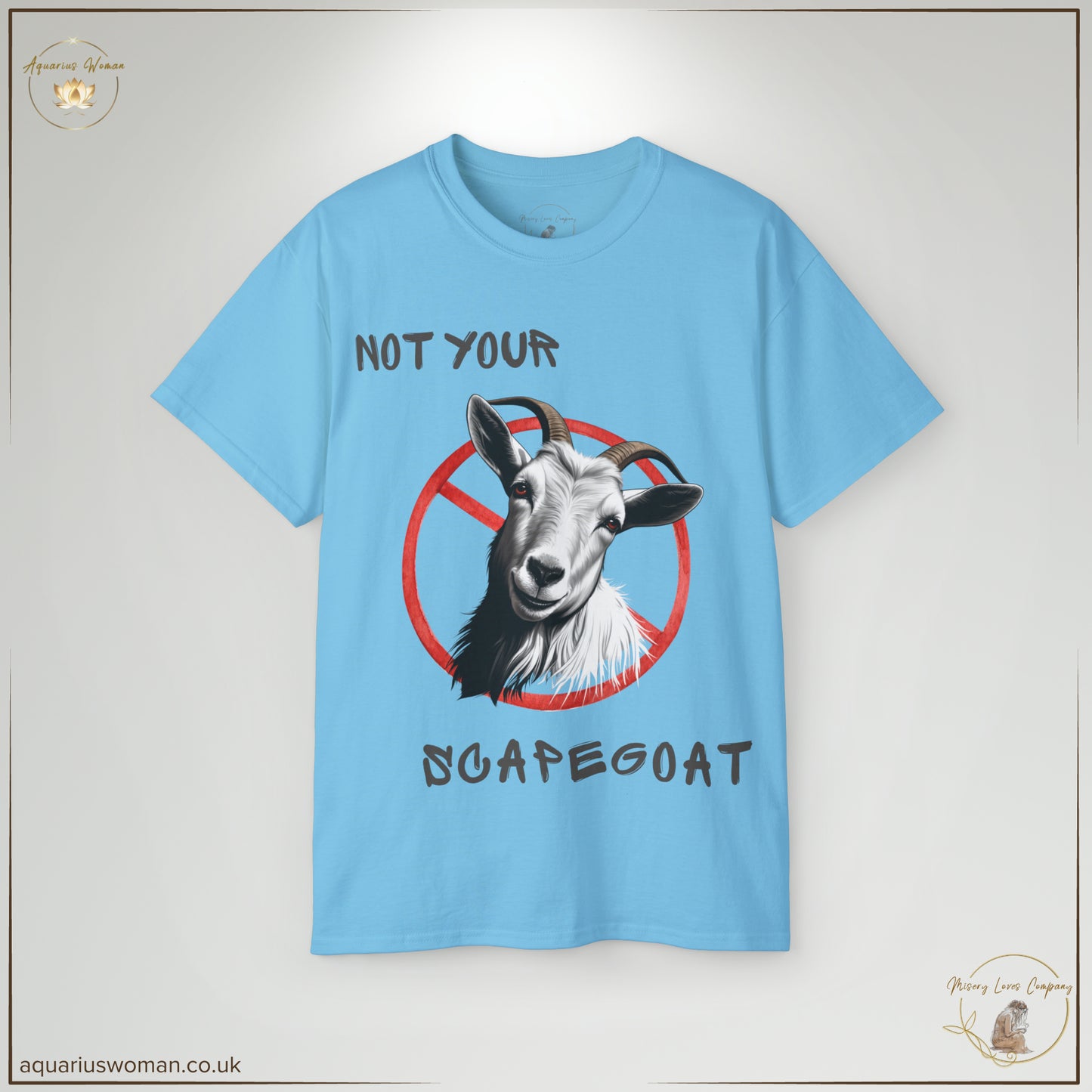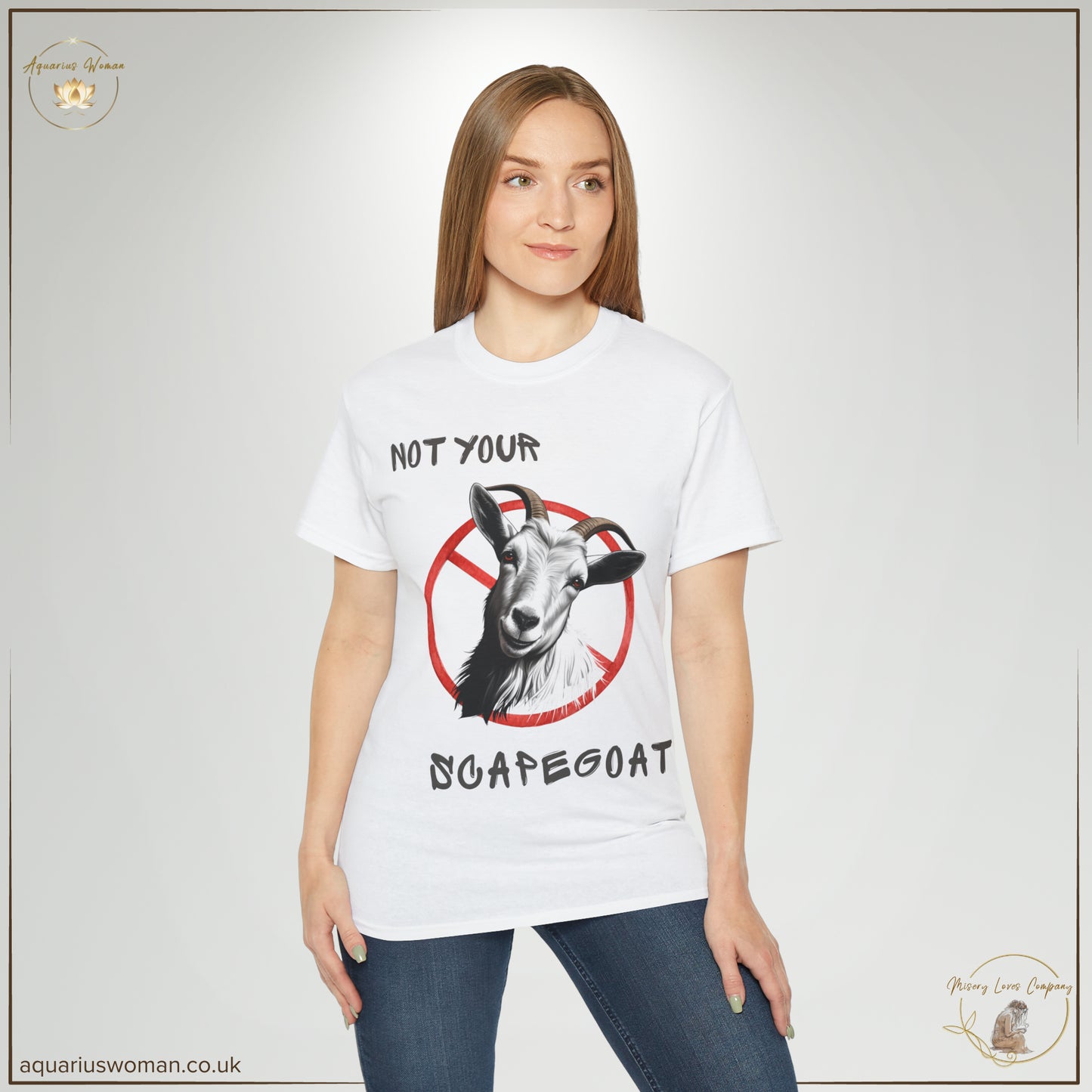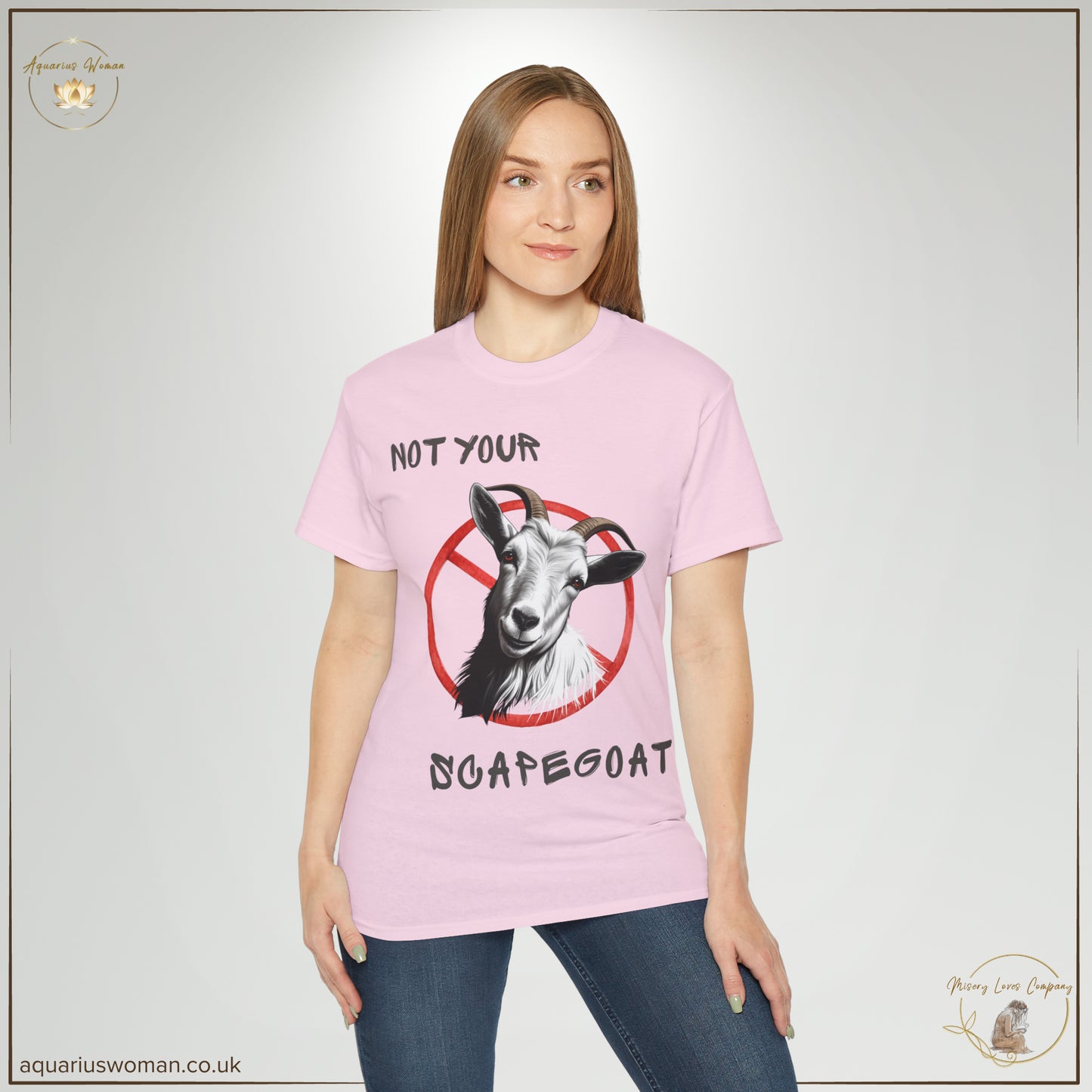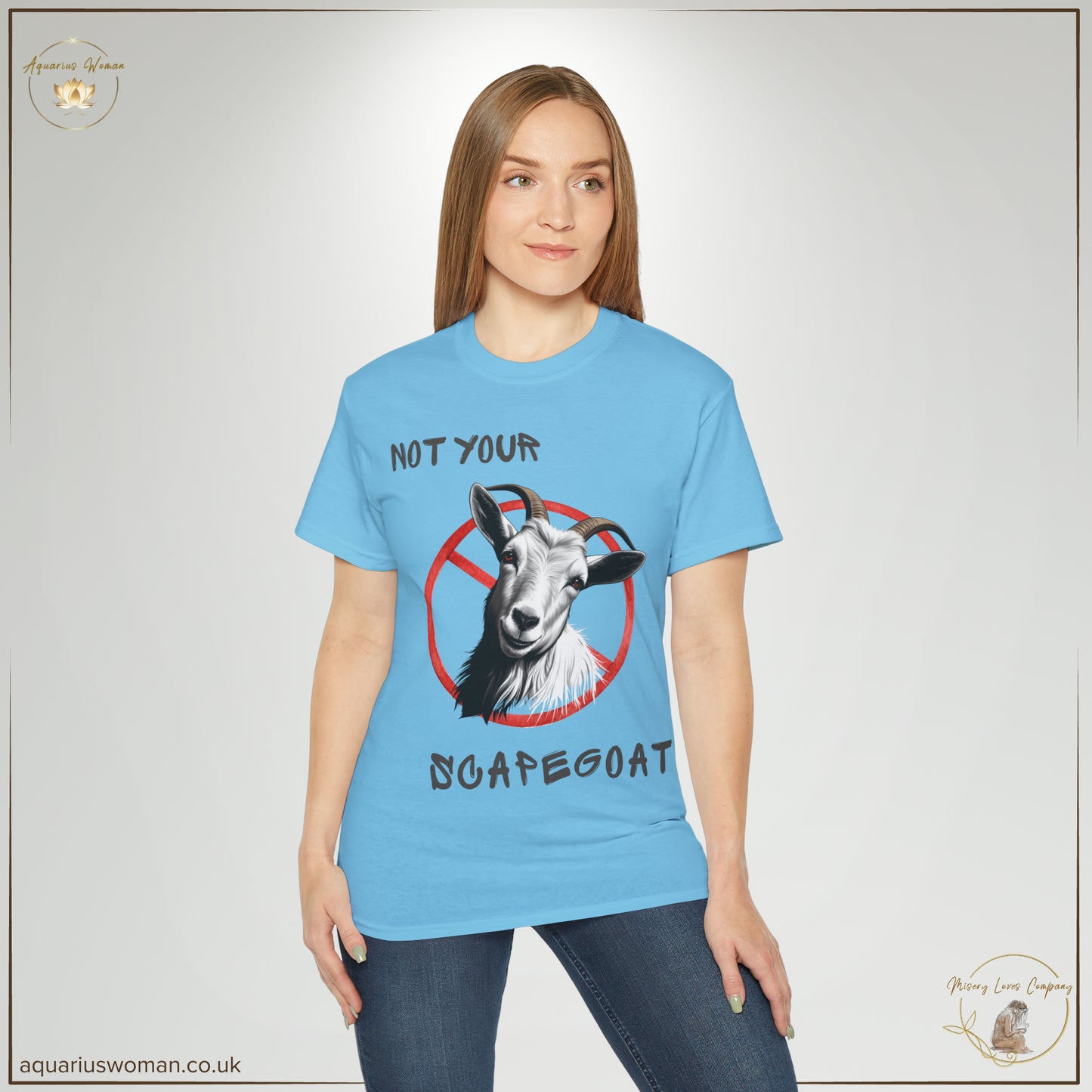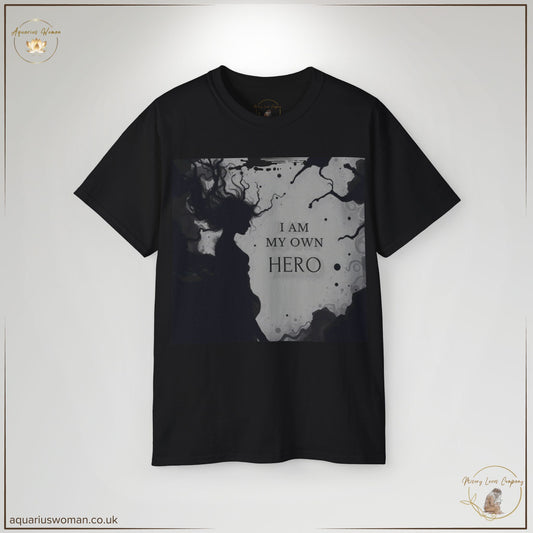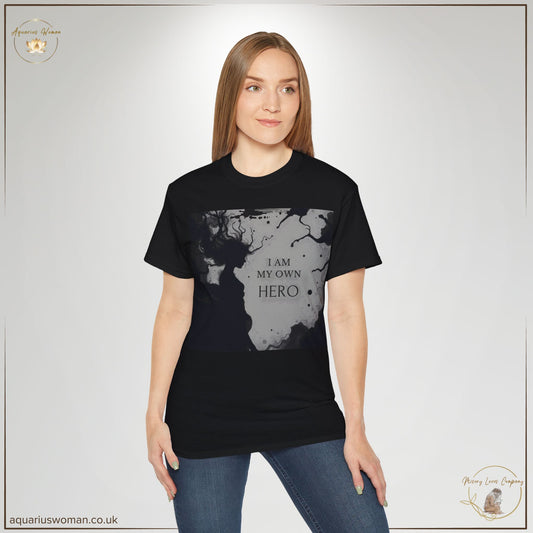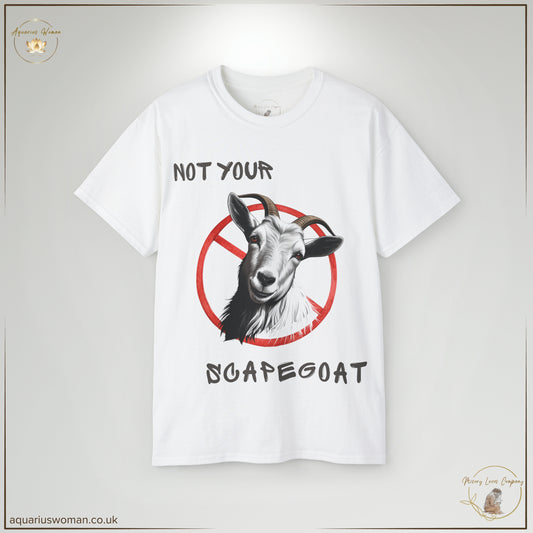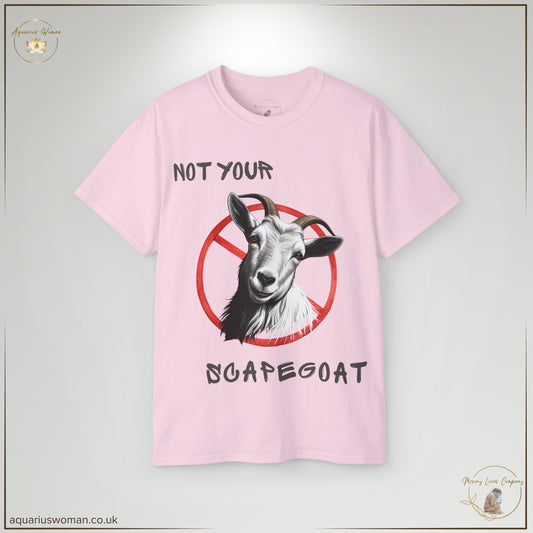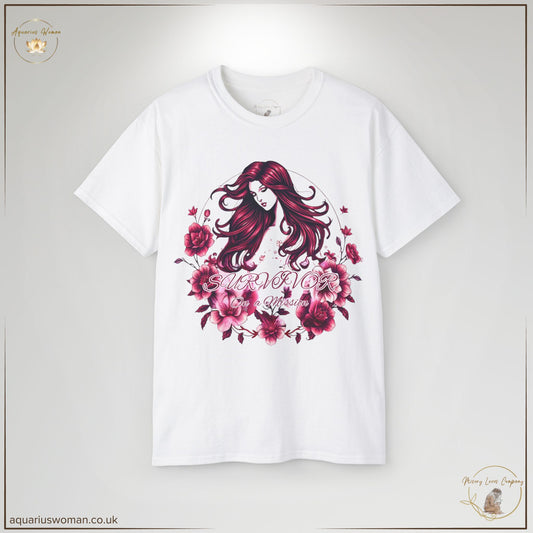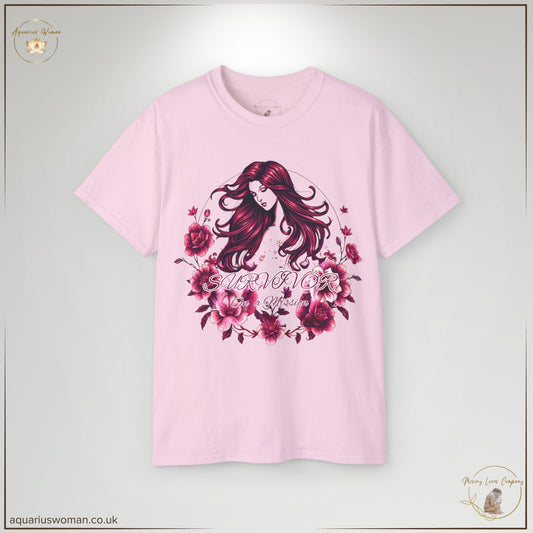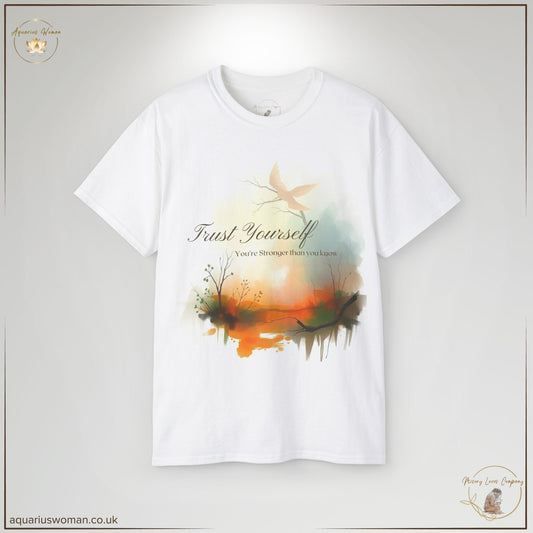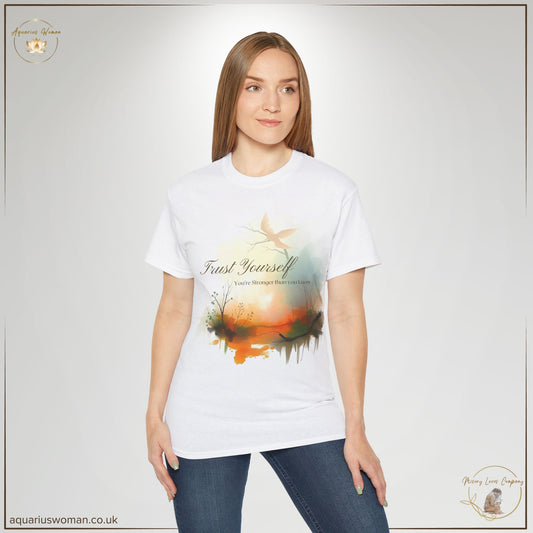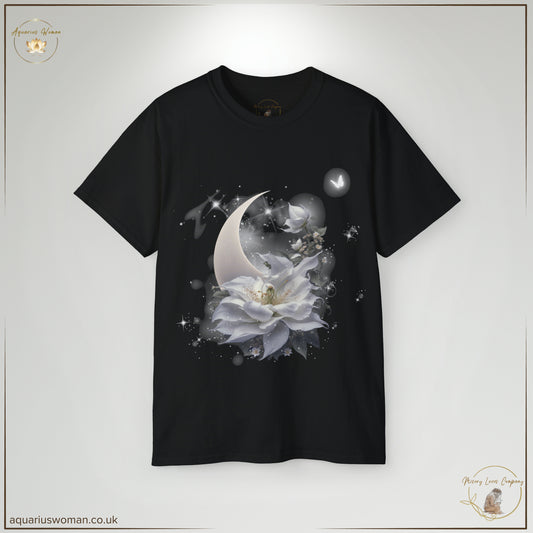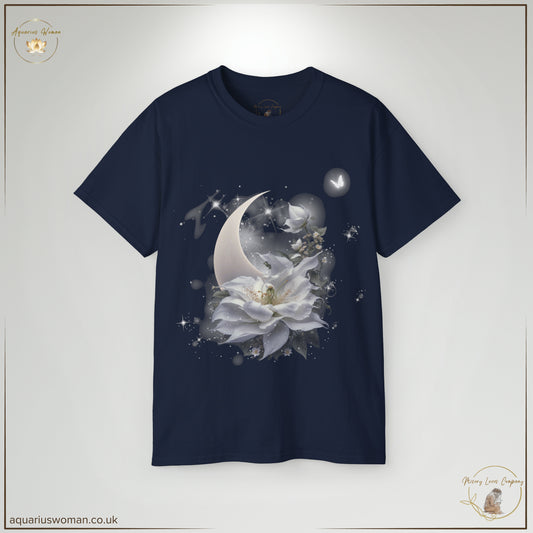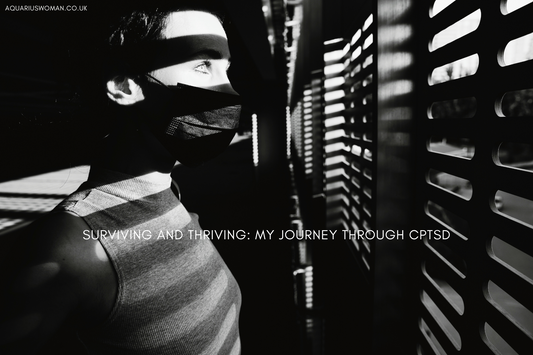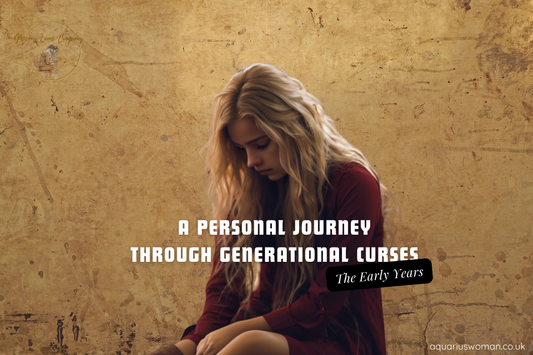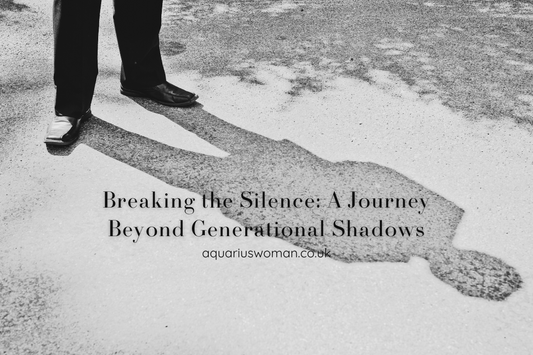The Story of How I Stopped Carrying Everyone Else’s Crap
You don’t grow up thinking, “One day, I’ll be the one everyone blames for everything.” But somehow, there I was—wearing the invisible badge that said: If anything goes wrong, it’s probably her fault.
At first, I thought it was just me. Maybe I was too emotional. Maybe I did overreact. Maybe if I just explained myself better, they’d stop twisting my words into weapons. Maybe if I kept the peace, they’d stop finding ways to make me the villain. (Spoiler alert: they didn’t.)
And so began my unchosen career as The Scapegoat.
It starts in the family, usually. You question something, boom, “disrespectful.” You call out someone’s double standards, suddenly, you’re “toxic.” You don’t show up to the Christmas drama Olympics? You're “selfish,” “ungrateful,” and probably plotting the downfall of the family name.
But it doesn’t stop at home. Oh no, once the role is assigned, it follows you like a bad smell. You can change cities, jobs, relationships, you could move to the moon and some messed-up dynamic will still sniff you out and go, ah yes, you’ll do nicely.
It’s Like You Have ‘Blame Me’ Tattooed on Your Aura
Work? Same story. The office drama starts brewing, and somehow you’re the one called into the awkward meeting. Not because you caused it, no, because you noticed it. And people who notice things? Threats.
Friendships? Don’t get me started. There’s always one who wants to lean on you for every meltdown, emotional crisis, or identity crisis but the second you set a boundary? Suddenly you're “acting different.” And that’s code for: how dare you not absorb all my chaos anymore.
Even in healing spaces—yes, even there—some folks are just looking for a target. People who haven’t faced their own mess will cling to whoever is strong enough to survive theirs. And if you dare to grow, to change, to say, “Actually, that doesn’t sit right with me…” well, you’ve just become Public Enemy No. 1.
It’s exhausting. And it’s lonely. Because let’s be honest, when you stop being useful as a container for other people’s dysfunction, they don’t stick around.
But Here’s the Part They Didn’t Expect
I stopped apologising.
I stopped performing the role. Stopped twisting myself into whatever shape kept the peace. Stopped trying to explain truths to people who were committed to misunderstanding me.
Now I just say it plainly: I am not your scapegoat.
Yes, I used to be quieter. Yes, I’m still kind. But I’m done with the emotional acrobatics. I’m not carrying the weight of your shame, your blame, or your rewritten version of events.
And honestly? It’s freeing. I still get labelled. Still get misunderstood. Still get the odd person who wants me to go back to being “the bigger person.” But these days? I’m okay being misunderstood. Because peace is better than pleasing people who never liked you unless you were bending.
Let’s Talk About the Tee…
The tee that says Not Your Scapegoat? It wasn’t just a design, it was a decision. A declaration. A quiet, firm, cosmic “no more.” It’s not a middle finger. It’s a mirror.
It’s me saying: I see what you tried to do. I know what you made me carry. But I’m not that girl anymore.
I'm not here to be your emotional bin.
I'm not your shadow, your sponge, or your sacrifice.
I’m here to tell the truth—even if my voice shakes.
To stand my ground—even if I stand alone.
To wear my scars like they’re stitched in gold thread.
Because they are.
If You’ve Been The Scapegoat Too…
You're not broken. You were the one brave enough to break the cycle. You were the one who stopped playing along. And that scares the hell out of people still clinging to the script.
But you? You’re rewriting it. One boundary, one truth, one deep breath at a time.
So let them talk. Let them twist. Let them mourn the version of you that kept their secrets and swallowed her own pain to keep things comfortable.
You’re not the problem. You’re just finally becoming free.
And if that makes you the villain in someone else’s story?
Fine.
Let them write it.
You’ve got your own book now.
🖤

